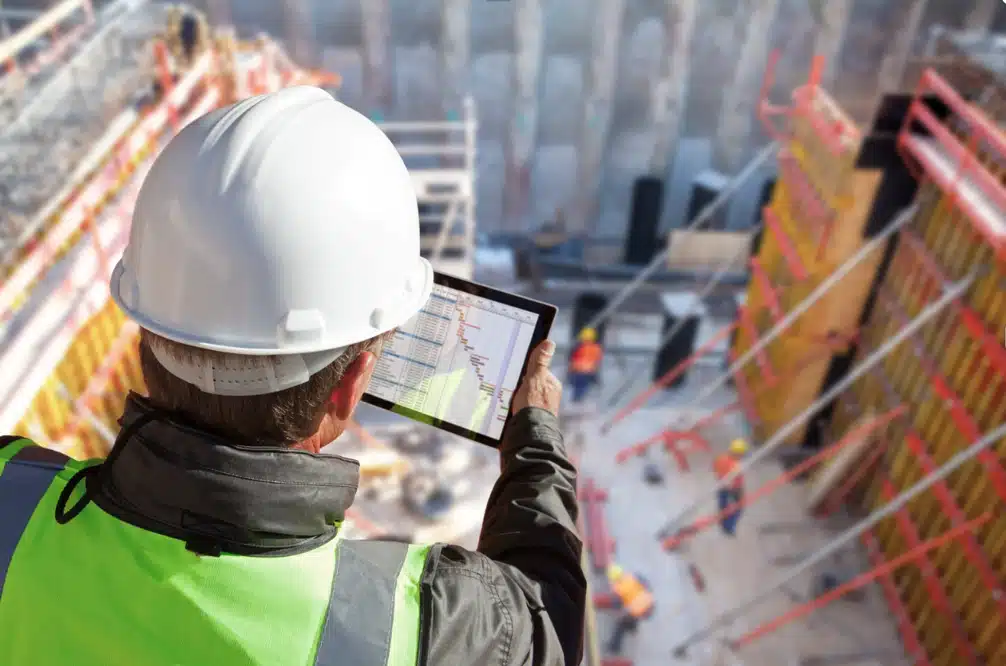Top Strategies for Running a Hassle-Free Construction Project
Effective management is the backbone of any successful construction project. It requires more than just hard work and materials; it demands meticulous planning, streamlined processes, and clear communication.
By adopting key strategies, construction managers can not only meet their goals but exceed them, ensuring projects progress smoothly from inception to completion. This guide explores practical tips and essential strategies designed to minimize disruptions and facilitate a hassle-free construction process.
Rigorous Planning and Scheduling
The foundation of a hassle-free construction project lies in rigorous planning and precise scheduling. Before breaking ground, a detailed plan that outlines every phase of the project is essential. This plan should not only specify the materials and labor required but also map out the timeline for each stage of construction.
Effective scheduling tools can help manage this aspect by allowing managers to visualize the entire project timeline and adjust as necessary to avoid bottlenecks. Moreover, a well-organized schedule ensures that all team members are aware of their roles and deadlines, reducing confusion and improving overall efficiency.
Streamlining Financial Transactions

Financial management is crucial in maintaining the health of a construction project. Streamlined financial transactions ensure that cash flow remains steady, which is critical for paying suppliers and workers on time. Integrating modern financial tools such as Hearth can significantly enhance this aspect.
It facilitates efficient payment processing by allowing clients to pay invoices via ACH (e-check), credit, or debit cards from anywhere. This capability not only reduces the time spent chasing down payments but also helps in maintaining a clear record of all financial transactions, ensuring continuity and stability in the project’s financial structure. Additionally, utilizing a digital assistant like Cast can automate invoicing and payment collection, streamlining the entire payment process.
Effective Communication
Clear and continuous communication is essential in construction management. Effective communication strategies ensure that every stakeholder, from the workers on site to the project sponsors, is well-informed about the project’s progress and any issues that arise.
This involves regular updates through meetings, digital tools, and reports that keep everyone aligned on the project goals and timelines. Using a meeting agenda template can help structure these discussions, ensuring key topics are covered efficiently and consistently. Good communication prevents misunderstandings and minimizes errors, which can lead to delays and increased costs if not managed properly.
Leveraging Technology
Adopting the right technology can greatly enhance the efficiency of construction projects.
Tools such as project management software provide real-time updates and data analytics, enabling managers to make informed decisions quickly.
Similarly, when managing client relationships, it’s important to count with a CRM software that eases the workload, take roofers for example, for them it’s crucial to choose a roofing CRM software that helps streamline communication, track leads, and manage customer interactions, ensuring a smooth workflow from start to finish.
Embracing these technological solutions helps construction managers maintain a bird’s-eye view of the project, ensuring that each component is executed according to plan.
Risk Assessment and Management

Proactive risk management is key to running a hassle-free construction project. Identifying potential risks at the outset allows for the development of effective strategies to mitigate them.
This could include safety risks to personnel, environmental risks, or project-specific risks such as delays due to unforeseen circumstances.
Regular risk assessments and implementing robust safety protocols can prevent accidents and ensure compliance with all relevant regulations, keeping the project on track and within legal boundaries.
Legal and Regulatory Compliance
Compliance with legal and regulatory requirements is crucial for any construction project. Construction managers must stay abreast of all local, state, and federal laws that affect their projects. This includes securing all necessary permits and ensuring that all building codes are followed meticulously.
Regular training sessions for the team on compliance matters can help prevent costly legal issues and project delays. Moreover, staying compliant not only avoids legal penalties but also ensures that the project adheres to safety standards, protecting workers and the eventual occupants of the building.
Team Leadership and Development
Effective team leadership is vital for the success of construction projects. A strong leader can inspire and motivate the team, ensuring that all members are working towards the same goals with a clear understanding of their roles. It’s important for construction managers to provide continuous personal and professional development opportunities for their team.
This could include training in new technologies, techniques, or safety protocols. Investing in your team’s growth not only boosts morale but also increases productivity and the quality of work produced.
Client Engagement and Feedback

Building a strong relationship with clients is another key element of running a smooth construction project. Regular, transparent communication with clients about the progress of the project helps build trust and satisfaction.
Encouraging feedback and being responsive to clients’ needs and concerns can lead to more effective project outcomes and can help avoid misunderstandings and last-minute changes that could cause delays.
Continuous Improvement
In the world of construction, there is always room for improvement. Successful construction managers are those who seek feedback not only from clients but also from their teams on what works and what doesn’t.
This feedback can be invaluable in refining processes and implementing changes that lead to better efficiency and effectiveness in future projects. Continual learning from each project, studying industry trends, and adopting innovative practices are all crucial for staying competitive and improving project delivery over time.
Sustainability Practices in Construction
Implementing sustainable practices is becoming increasingly important in construction. Using environmentally friendly materials and methods can reduce the environmental impact and often lead to long-term cost savings for clients.
Moreover, sustainable construction practices are frequently becoming a legal requirement. Construction managers must therefore understand and implement these practices not only to meet regulatory requirements but also to appeal to a broader market that values environmental responsibility.
In conclusion, managing a construction project smoothly requires a combination of strategic planning, robust communication, and a commitment to continuous improvement. By focusing on these key strategies, construction managers can ensure their projects are successful, compliant, and delivered to the satisfaction of all stakeholders. Effective management leads to safer, more efficient sites and, ultimately, high-quality buildings that stand the test of time.







